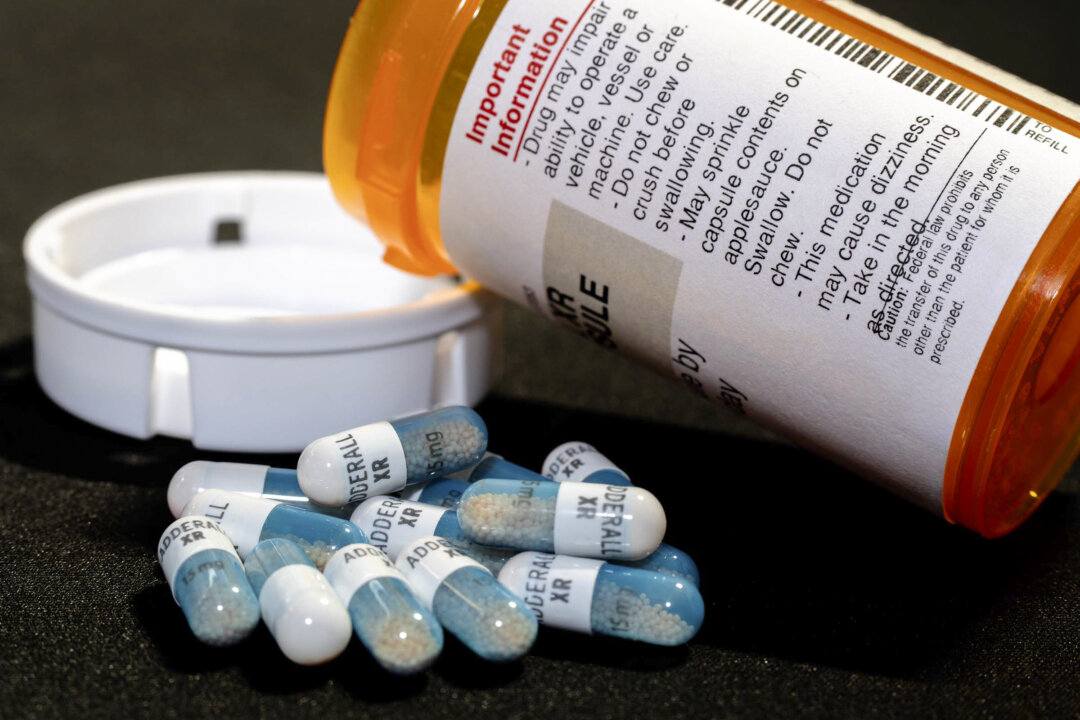Many of us who have been infected with the COVID-19 virus face long-term health challenges, including lung nodules, severe complications, and surgery. Current treatments for these long-term effects are still limited. To this end, this article will introduce the potential of exosome therapy, a cutting-edge treatment, to address COVID-19 syndrome, particularly its neurological and mental health aspects, while also benefiting the heart and lungs.
The regenerative capabilities of exosomes are also crucial. They can promote tissue regeneration, restore local vascular function, and repair microvascular damage, which is one of the keys to treating COVID-19. Exosome therapy has shown efficacy in a variety of disease mechanisms, such as stroke, myocardial infarction (heart attack), spinal cord injury, as well as acute and chronic injuries affecting the kidneys, liver, and brain.

Unlike many conventional therapies, exosomes are capable of crossing the blood-brain barrier, allowing them to reach neural tissue directly. This makes them a possible candidate for the treatment of neuroinflammatory and neurodegenerative conditions. By targeting and repairing microvascular damage in the brain, exosomes may help alleviate neuropsychiatric symptoms associated with COVID-19 and other diseases.
Exosomes can be administered intravenously or via nasal aerosol inhalation, making them a potential targeted treatment of neurological diseases such as Alzheimer’s and Parkinson’s disease. Because exosomes can reach neural tissues through both delivery routes, they also show promise in treating COVID-19-related brain complications. In addition, aerosolized exosomes can be inhaled directly into the lungs, where they may help repair pulmonary damage, including nodules resulting from COVID-19 infection.
This approach could improve lung function and support recovery in patients with respiratory complications. Thus, exosome therapy holds significant potential as a novel and effective treatment modality..
Health

Innovative Therapy Reverses Lung and Nerve Damage from COVID-19

Many of us who have been infected with the COVID-19 virus face long-term health challenges, including lung nodules, severe complications, and surgery. Current treatments for these long-term effects are still limited. To this end, this article will introduce the potential of exosome therapy, a cutting-edge treatment, to address COVID-19 syndrome, particularly its neurological and mental health [...]















